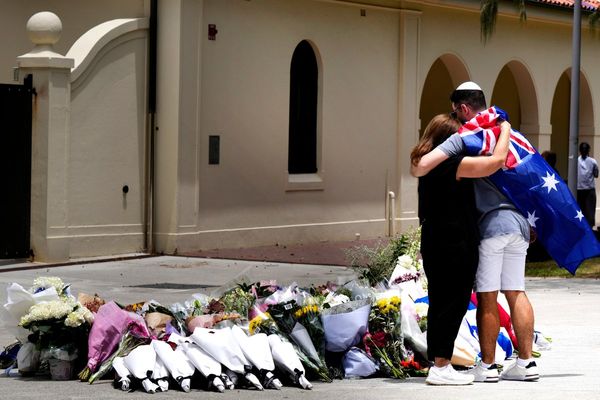
In recent years, I’ve heard members of the older generation complain that it is no longer considered acceptable to ask a younger person whether or not they have children. It’s true that this isn’t polite, especially during small talk with a stranger. They may as well be saying: “So, tell me all about the inner workings of your/your partner’s uterus.”
Personally, I used to dread this question, even more so when it was framed as, “Do you have a family?” Of course I do, I just haven’t birthed any of them. People’s feelings on procreation are often complicated, sometimes painful, and always deeply personal. In the context of increasing panic about the birthrate, the question of having children – or not, as it may be – is even more loaded, because it intersects with so many other factors in our lives: health, finances, employment status, gender or sexuality, housing, relationship status, and so on. These are not things you necessarily want to delve into over the course of a casual conversation.
Or, perhaps – revolutionary as it might sound – you simply don’t want to have children, and it’s your right to not want to discuss that or be interrogated about that.
The fact that the word “childless” seems to be going out of fashion is largely to be celebrated. It positions having a child as the default, and has the power to be intensely wounding. As a word, it carries with it a feeling of “lacking”, when that is certainly not everyone’s experience. This stigma is why the term “childfree” is increasingly becoming the default in media reporting after being popularised on internet messageboards in recent years.
I was interested in how people without children may feel about that, so I’ve been asking them on- and offline whether they see the use of “childfree” as an improvement. People who had chosen not to have children generally preferred to be referred to as “childfree”, but those whose “childlessness” was involuntary, due to infertility, bereavement or life circumstances, felt erased by it. Many complained that both terms positioned having children as the default, when it shouldn’t be (“I’m just a woman living life,” said one respondent). Why define by deficit? Indeed, I’d say the overwhelming majority disliked both words, with one being seen as stigmatising and the other gleeful and nasty in its implication that parents somehow need “liberating”.
Others took issue with the term “childfree” because it has become the chosen moniker for an online community with a too often misogynistic undercurrent, according to several I spoke to. I checked out a few subreddits, and luckily my skin is as thick as rhino’s hide after more than a decade of newspaper journalism, because some of what I read was pretty unpleasant, including several threads about people finding pregnant women “disgusting” and how looking at them makes them “feel sick”. Sobering reading for someone who was pregnant at the time.
After reading these forums, and then cleansing my palate with several videos of babies and kittens interacting, I can understand why a person without children may not want to be associated with a community that often expresses strong dislike, even hate, for children and their parents. I can understand why communities for those who have difficult feelings about pregnancy (including phobias) need to exist, but some comments were profoundly misogynistic.
After all, we are all part of a collective and a community, and not having your own children doesn’t mean that your life is “childfree”, and that the people you love haven’t made a different choice to your own. There are many ways to care for children, from being an uncle or godparent to fostering, step-parenting, volunteering or working with them. Perhaps we need to focus less on the act of “having” a child and more on the act of parenting.
There’s also the fact that, for many people, including myself before I became a mother, we are neither “childless” nor “childfree”, but hover somewhere in between – or oscillate between the two. I have had days where I have spent time with a baby and felt desperately, profoundly childless, only to take to the dancefloor that evening after a dangerous fourth martini and feel blissfully, hedonistically childfree. Perhaps that’s one reason why – when absolutely necessarily – “doesn’t have children” is the kindest, most neutral descriptor we can hope for. Though we can also hope to be moving away from one’s parenting status needing to be defined at all, especially for women, who still face this question far more frequently than men. Language matters, and as ever it often says more about us and our assumptions than we realise.
What is working: My response to the mother of all impertinent of questions has often proved very effective, so I thought I might share it here. “That’s a very personal question,” I reply, looking the querent dead in the eye. It usually has the desired effect.
What isn’t: At risk of causing paroxysms of revulsion among the childfree Reddit community from being forced to imagine the following scene, I had the most appalling bath while heavily pregnant: lukewarm, as medically recommended (I used my husband’s homebrew thermometer to check it was below 37C). The baby first kicked to the Adagietto in Mahler’s Fifth, so I thought I’d try the whole symphony, not realising how bellicose and bombastic it was. “Are you OK in there?” my husband asked, as I sat in a cold bath listening to a cacophony of trumpets. “You sound like you should be piloting a spitfire.”
Rhiannon Lucy Cosslett is a Guardian columnist







